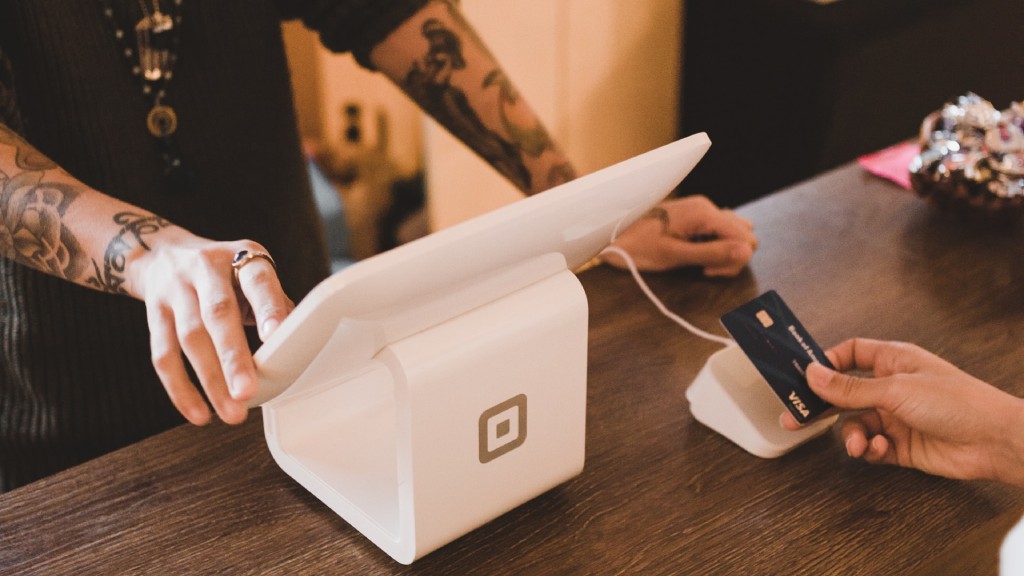
Buying is an entirely emotional experience. According to Harvard Professor Gerald Zaltman, 95% of purchasing decisions are subconscious, and emotion drives purchasing behaviours. Since our emotions lead us to purchase, you must know how our mind works. That way, you’ll be able to influence the decisions your persona makes. 😉 But wait – this is not about manipulating people to convince them to buy but converting leads into customers by using specific strategies related to the wonders of the human mind. Ready to dive in? Here are 6 psychological triggers you can start using today to increase your sales: Human beings have been telling stories for thousands of years. It is how messages have been passed on from generation to generation. It’s in how parents get their children to sleep, how friends gossip, how someone presents themselves to someone they just met, and so on. We are natural-born storytellers. Humans love a good story because it activates parts of the brain associated with our senses: sight, sound, taste, and movement. 💡Pro tip: Storytelling is the perfect way to make your audience feel and connect with your brand. There is more than one way to use time as a trigger for a sale. Bear with me to learn how you can make it work in your favour: Build anticipation Ever notice how hundreds of people line up to get Black Friday’s discounts? It happens because brands build anticipation for it, creating expectations of special deals that you can’t miss. Teasers are an excellent way to implement this kind of strategy. Build urgency People love being the first or the only ones to get something. By implying that only a limited number of people will have access and privilege to information or a product, you can trigger the urgency feeling and boost your sales. Time is money In today’s day and age, people crave quality time. And if there is something that boosted this desire to seize every moment, that is the COVID pandemic. You can use copywriting to show the audience how much your product/service is a time-saver if that’s the case. 💡Pro tip: You should highlight purchasing options for saving time, like fast deliveries. In a world with so many options, you certainly want your public to choose you. But how do you do that? We find it easier to choose something when the people we trust approve of it or when they’re going through the same things we are. We look for the reassurance that the product we’re purchasing is exactly what we need. In this case, what makes the difference is the high number of people who bought it, the reviews that were given, which influencers recommended it, and the statistics on the product's quality and effectiveness. Then, you must show potential customers how other people (who share similar tastes, beliefs, and needs) benefit from your product. 💡 Pro tip: Show testimonials and percentages on the number of people who have already bought or even claimed the effectiveness of your product. We all have the emotional need to affiliate with and feel accepted by the group members. We may purchase an item just to feel accepted or join a club to make new friends. In human nature, the need to belong is strong. By genuinely taking the time to understand the needs of your consumers indeed and understanding how your product or service can meet those needs, your brand’s purpose will be the driving factor for them to not only buy from you but also become brand advocates. Three ways to do that: While people will generally roll with the punches, they may also follow a single individual or company if they consider them an expert. Adding expertise to your marketing strategies is a strategy that works well both in B2B and B2C. Kaya Skin Clinic experienced a 137% increase in conversions after Kaya’s agency decided to change the CTA. Just by including the word “expert” in the opt-in form as a call to action, the beauty clinic has seen a powerful application of the law of authority. 💡 Pro tip: Some easy ways to show off your brand’s authority include naming the different outlets where you have been featured, featuring influencers, and sharing top-notch customer endorsements. If you are creating content for non-specialist consumers in a specialist area (such as taxation), simplicity is key to understanding and attracting customers. Simplicity stands for the minimally satisfying solution at the lowest cost. Psychologically speaking, the human mind is more inclined toward simplicity than complexity; that’s why people tend to avoid situations which burden their cognitive load. Whether it’s about the product per se or the brand experience, customers are looking for minimalist experiences. That means the buying process should be easy, the language clear, and the responses fast. After all, getting into their mind is the key to winning your persona’s heart. And if you are struggling with implementing any of the above triggers in your business or have questions about how to do so, Weggo can help you implement them in a powerful and strategic way.1. Use Storytelling
2. Show that time is running.
3. Social proof
4. Belonging
5. Authority
6. Simplicity
Wrapping it up🎁
By using these six ideas on converting leads into customers using psychological triggers, you will notice a boost in sales.
Author